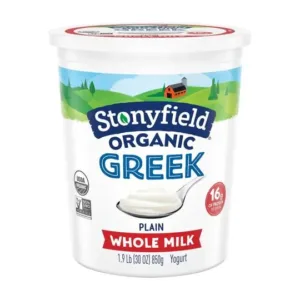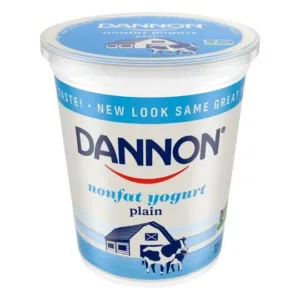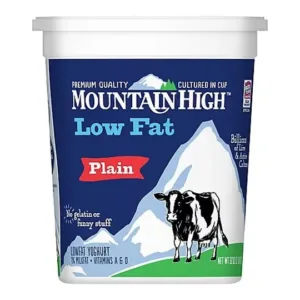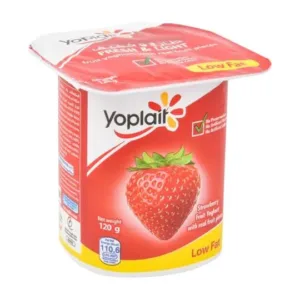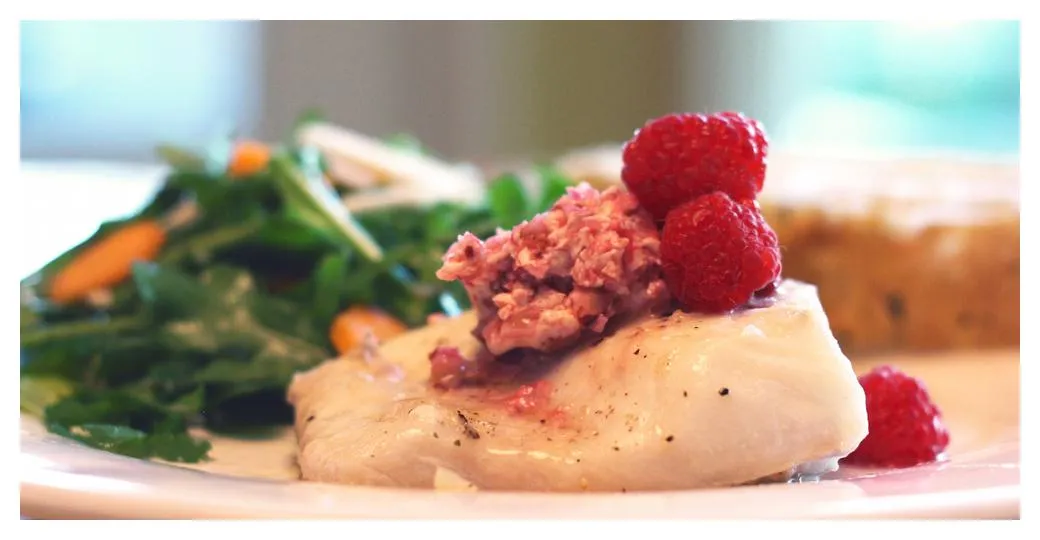
Is Broiled Halibut Keto-Friendly? A Deep Dive
As the popularity of the keto diet surges, many are wondering how their favorite dishes fit into this low-carb, high-fat eating plan. Today, we’re exploring the land of Broiled Halibut with Butter and Lemon Juice. Ah, the delightful, flaky fish dish that adds a touch of elegance to your dinner plates and tantalizes your taste buds with its blend of flavors. But the burning question on everyone’s minds: Is Broiled Halibut with Butter and Lemon Juice keto-friendly?
Understanding the Keto Diet
Before delving into the specifics of this scrumptious fish dish, it’s important to have a grasp of the fundamental principles of the ketogenic diet. This diet primarily revolves around consuming high fats (accounting for around 70-80% of daily calorie intake), moderate protein, and very minimal carbohydrate intake (usually under 50 grams of net carbs per day). The ultimate aim? To push your body into a state of ketosis, where it opts to burn fat as its main energy source, instead of relying on carbohydrates.
Nutritional InformationPer (3 oz (85.0g)):
Per 100g:
| 
Broiled Halibut (With Butter and Lemon Juice) is very keto-friendly! It's a great choice if you're trying to maintain ketosis. |
Now, let's examine Broiled Halibut with Butter and Lemon Juice, a beloved seafood dish known for its light, mild flavor and satisfying texture.
As for its macronutrient profile, Halibut is predominantly made up of protein and healthy fats, making it a strong keto contender. Furthermore, the addition of butter, a high-fat dairy product, and lemon juice, which contributes minimal carbs, only strengthens its standing.
Beyond these macros, broiled halibut is packed with an array of micronutrients. It is a rich source of potassium and contains a significant amount of Vitamin D, B12, and selenium. These nutrients are important for functions like cardiovascular health, cell metabolism, and immune function, further upping the appeal of this seafood delicacy.
